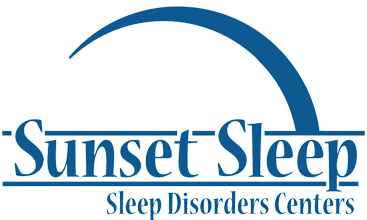Should I Buy a Used CPAP Machine?
In short, Don’t Use a Used CPAP Machine!
“My brother got a CPAP a few years ago. He stopped using it and gave it to me. Now I’m using it, although it doesn’t feel quite right.”
Over the years we have had too many patients tell us that they are using someone else’s CPAP machine. Many patients try to save money or “bypass the system” with used CPAP equipment given to them by a friend or purchased on Craigslist. Many of these patients never even bothered with a sleep study. This is simply not a good idea.
Many CPAP machines are calibrated with a fixed pressure, meaning they blow a steady, constant stream of air. This pressure is determined by a sleep study and a medical exam by a doctor. This way the amount of air pressure delivered through the CPAP device is customized to each patients’ needs. Too much pressure can create discomfort and a bloated stomach full of air. In addition, too much air pressure can create central sleep apneas, which can be very dangerous (I will write a blog covering central sleep apnea in the future). Too little pressure, and the CPAP is ineffective and sleep apnea and snoring will persist.
Used CPAP masks and tubing are a definite no.
Besides the obvious sanitary concerns, each mask must be carefully fitted and sized to the patient’s face. If a mask does not fit properly, air leaks will occur and the CPAP machine will not be effective.
CPAP machines are considered Class II medical devices by the FDA and therefore require a prescription by a licensed MD. It is therefore illegal to buy or sell these devices without a valid prescription.
Do yourself a favor. Don’t pinch pennies where your health is concerned. Work with a qualified doctor and get sound advice and expertise to treat your sleep apnea properly. Get a valid sleep test to determine how mild, moderate or severe your sleep apnea is. Obtain new CPAP equipment that is calibrated and fitted just for you. You will feel a lot better!


